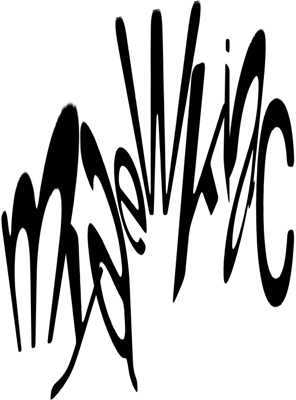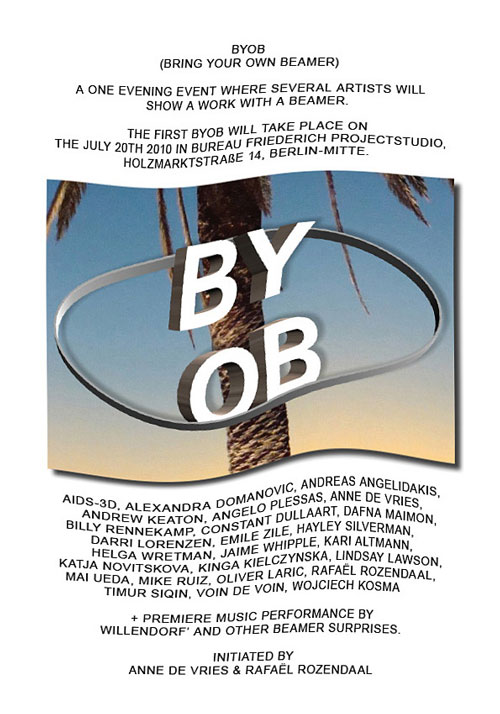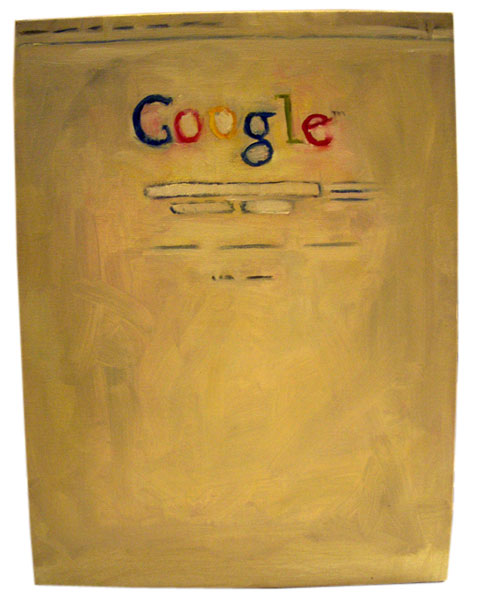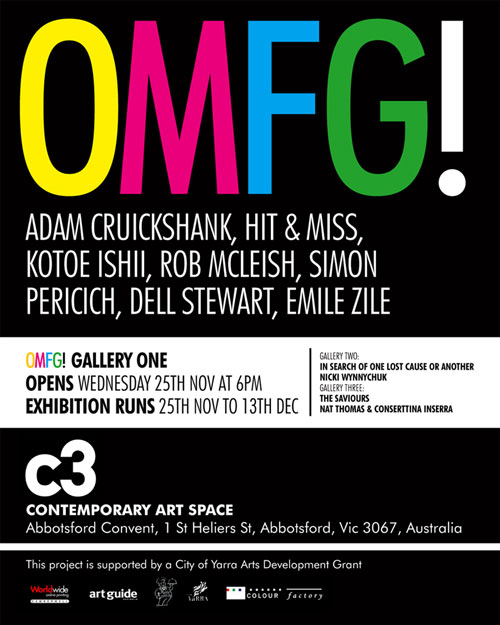
a day-long symposium on the changing nature of cultural development, ‘amateurism’ vs. ‘professionalism’, the shifting sands of creative consumption and critical construction… gatekeepers now left with no-one at the gates… playlist curatorial selections and niche/long tail sales techniques… for a long time it has been sensed that artists are the new curators, filters that set signs into collision, to paraphrase Bourriaud. i’m interested to to see what this gathering has to say on the consumer as curator, and how the curators see it…
please note: ‘Captcha’ as logo
speakers include Bruce Sterling, Rick Poynor and Metahaven.
produced by the Breda Graphic Design Museum, headed up by Mieke Gerritsen
hosted by Koert van Mensvoort of the always excellent nextnature.net
While museums are developing strategies to digitalise their collections, online cultural production is growing steadily, with hundreds of thousands of new images posted each day. A lot of potentially interesting work is being produced online, which never reaches the physical world. The distribution of this high quality work is increasingly decentralised, leaving museums, foundations and professional magazines at a loss on how to redefine their role as gatekeepers. On the other hand, the time spent daily behind the computer on internet networking is pushing the demand for a physical experience of our fleeting culture. Designers, artists, mediators and policy makers need to redefine their position, because new technologies define to a large extent today’s possibilities and means of presentation and archiving. The search is for new quality criteria, new frames of references, and alternative methods for enabling connections between the virtual and the physical space of today’s culture.
Practical information:
19/12/2009
Location: Paradiso, Amsterdam (Weteringschans 6)
Entrance: €25, €10 (studenten) english spoken
Reservations: symposium@graphicdesignmuseum.com
Advanced sales: AUB ticketshop amsterdam/ticket service nederland
Contact information:
graphic design museum
t +31 (0)76 529 99 00
www.graphicdesignmuseum.com
http://www.graphicdesignmuseum.com




